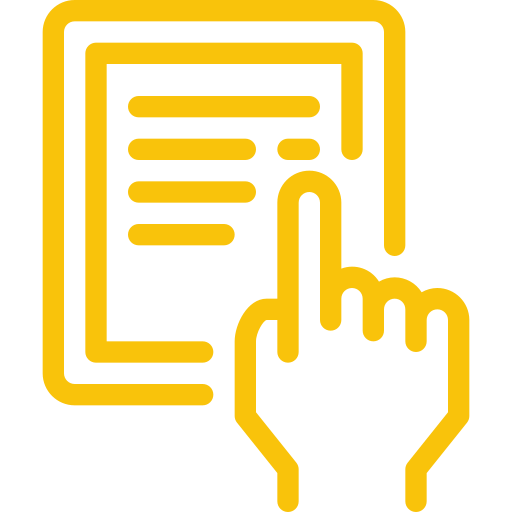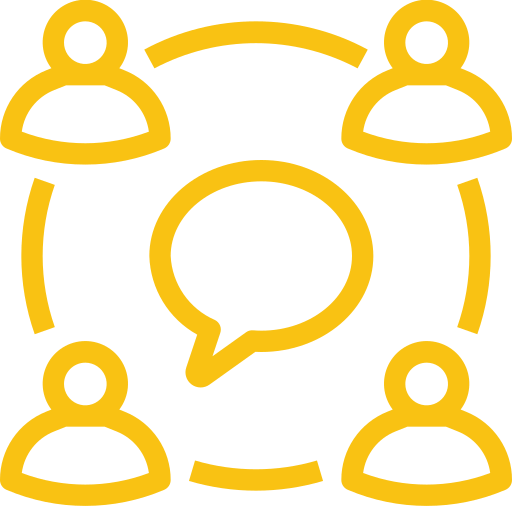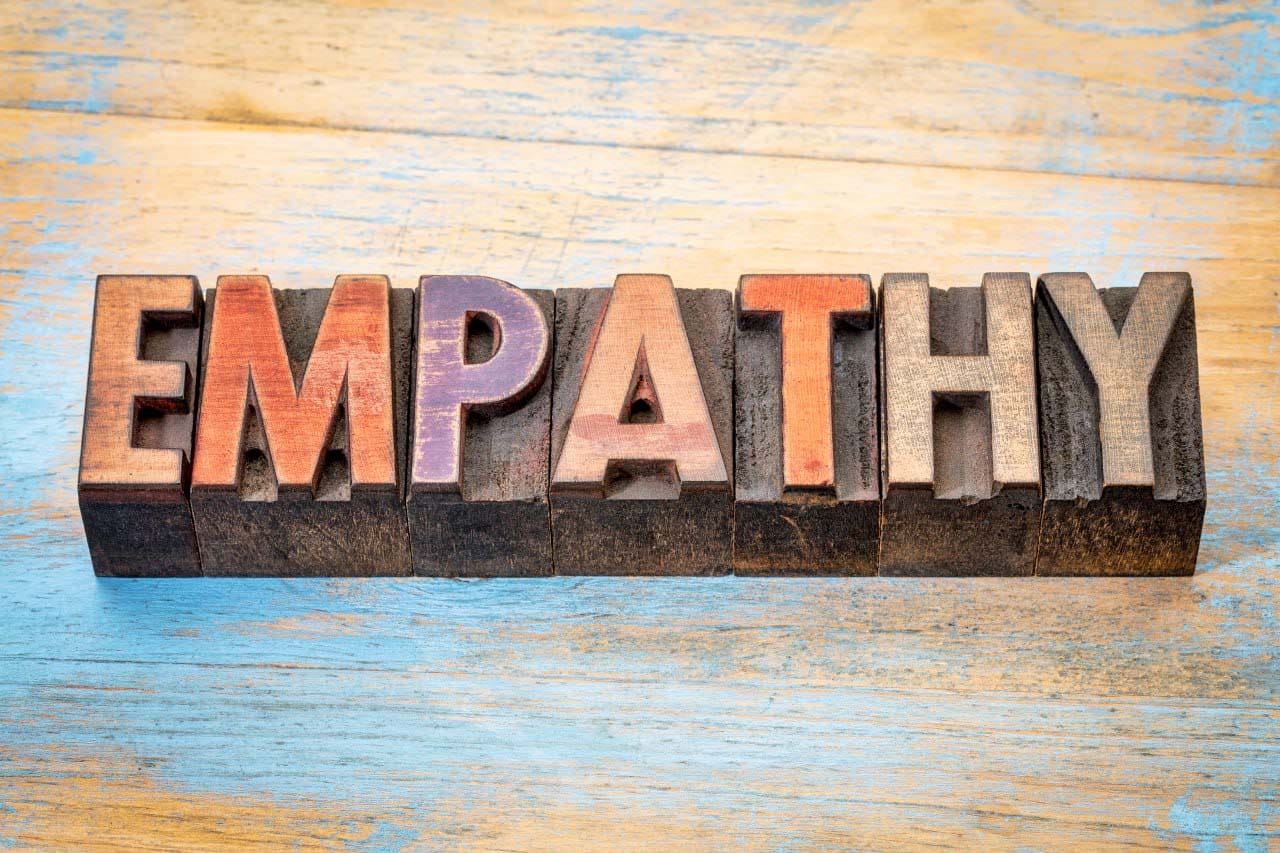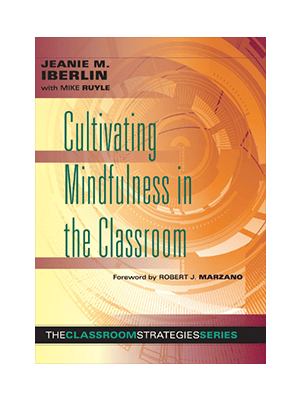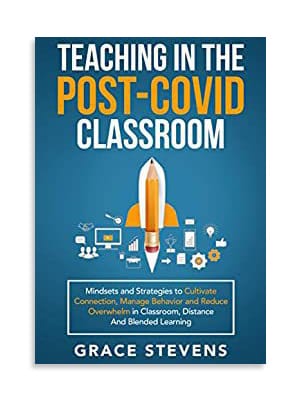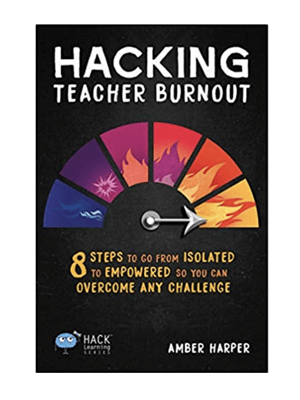Have you ever had one of those days in the classroom? A student acts out, your lesson plan derails, and a parent sends a difficult email. You feel your frustration bubble to the surface. (Scratch that, a better question is how many days have you had like that?) It is in these moments that your technical skills as an educator take a backseat to something else entirely: your emotional intelligence. It’s easy to think that being a great teacher is all about lesson plans and subject knowledge. But what truly separates a good teacher from a great one is their grasp of this critical emotional skill. It’s the unseen force that manages the classroom climate and helps you build stronger relationships that last.
What Exactly Is Emotional Intelligence?
Emotional intelligence, often called EQ or referred to as your emotional quotient, is your ability to recognize, understand, and manage your own emotions. It’s also about your ability to recognize, understand, and influence the emotions of others. This skillset helps you build relationships and make good, rational decisions in your professional and personal life.
The concept gained widespread attention through psychologist Daniel Goleman, but the term was first coined in 1990 by researchers John D. Mayer and Peter Salovey. According to emotional intelligence Peter Salovey, it is a form of social intelligence that involves monitoring one’s own and others’ feelings and emotions. This ability to understand emotions serves to guide thinking and actions, helping us make constructive decisions.
Think of it less as being “nice” and more as being emotionally aware and effective. It’s the difference between reacting impulsively to a disruptive high school student and responding with thoughtful action. A strong EQ can even have a positive impact on your physical health, as better emotional management can lead to lower stress and reduced blood pressure. Understanding that emotions matter is the first step in harnessing their power for good.
The Five Pillars of Emotional Intelligence
To really understand what makes up emotional intelligence, it helps to break it down. Goleman identified five core components. Seeing how they work can help you spot them in yourself and your students, giving you a framework for improving emotional intelligence.
Self-Awareness
Self-awareness is the foundation of emotional intelligence. It is knowing how you feel and why you feel that way. You understand your own moods, strengths, weaknesses, and how your emotional state can impact people around you.
Imagine a student challenges your authority in front of the class. A self-aware teacher recognizes the immediate feelings of anger or embarrassment. Instead of lashing out, they understand this feeling is a trigger and can choose a more productive response because they recognize what is happening internally.
Without this awareness, you’re just reacting on autopilot. But with it, you gain the power to control emotions and your actions. This is a crucial step for any educator aiming to become more emotionally intelligent.
Self-Regulation
Once you are aware of your emotions, you need to manage them, which is the core of self-regulation. This is the ability to control or redirect disruptive impulses and moods. It’s the reason you see a veteran teacher keep their head in difficult situations, and a brand new teacher stresses out about their classroom management. Healthy ways of managing emotions are critical to avoiding burnout and maintaining your mental health.
Let’s go back to that challenging student. Self-regulation is the part that stops you from yelling. It helps you manage stress and lets you take a calm, measured approach, maybe by addressing the behavior privately after class. When you successfully manage emotions, you not only de-escalate the situation but also model healthy emotional control for your students.
This skill is vital for handling changing circumstances with grace. A lack of self-regulation can contribute to chronic stress and other health problems. Therefore, learning to regulate your emotions is a protective measure for your overall well-being.
Motivation
Motivation, in this context, is about more than just a paycheck. It’s a passion for your work that goes beyond money or status, often driven by a sense of social purpose. You are moved by an inner desire to pursue your goals with energy and persistence.
Teaching is a marathon, not a sprint. This intrinsic motivation is what gets you through tough days and helps prevent burnout. It is the drive that pushes you to create an engaging new lesson plan, even when you are tired.
This internal drive is also linked to effective leadership and leading change within a school. A motivated teacher inspires others, contributes to a positive school culture, and sees challenges as opportunities for growth. This form of motivation is a key component of a successful business strategy in any field, including education.

Empathy
Empathy is the ability to understand the emotional makeup of other people. It means trying to feel what they might be feeling by putting yourself in someone else’s shoes. For teachers, this is a non-negotiable skill that is central to social awareness.
You have to sense what is going on with your students, even when they do not say it. Is a student acting out because they are defiant, or because something is wrong at home? Empathy allows you to see the world from their perspective, which leads to stronger teacher-student relationships and better academic outcomes. When you recognize a friend or student is struggling, empathy prompts you to check in rather than label them as lazy.
This skill helps you navigate social interactions with greater insight. It builds trust, makes people feel heard and understood, and creates a safe learning environment where everyone can feel loved and supported.

Social Skills
Social skills are the culmination of the other pillars. It is about relationship management and building networks effectively. If you are self-aware, regulated, motivated, and empathetic, your social interactions will naturally improve.
For teachers, this means effective social communication with students, parents, and colleagues. It is persuading a group of students to work together on a project or using your social intelligence to navigate social complexities at a staff meeting. It is also about clearly and kindly handling a conference with a concerned parent, helping to forge stronger relationships built on mutual respect.
Strong social intelligence enables you to communicate effectively, resolve conflicts, and inspire others. These skills help you build emotional connections and create a supportive community around you. When you forge stronger bonds, your job becomes more rewarding and less stressful.
Why Your Emotional Intelligence Matters More Than Your IQ in the Classroom
We have been taught to value grades and test scores above all else. But in the daily life of a school, a teacher’s EQ can have a much bigger impact than their IQ. A brilliant mind with no empathy will struggle to connect with and inspire students. Anyone can learn the content, being able to communicate with teenagers is an art form.
A teacher with high emotional intelligence creates a positive classroom culture. Students feel seen, heard, and respected. This psychological safety makes them more willing to take risks, ask questions, and participate in their own learning, leading to a positive impact on academic achievement.
You also become a powerful role model. Students learn how to handle their own emotions by watching you handle yours. When you deal with stress calmly or show empathy to a struggling classmate, you are teaching them critical life skills that no textbook can offer. The intelligence enables them to grow into well-rounded individuals.
This focus on EQ can also be your best defense against teacher burnout. The ability to manage your stress and stay connected to your core motivation helps protect you from the emotional exhaustion so common in the profession. Improving relationships with students and colleagues makes the entire experience more fulfilling and sustainable.
| Focus on High IQ | Focus on High EQ |
| Delivers complex subject matter accurately. | Creates a safe and supportive learning environment. |
| Can design intricate lesson plans. | Builds rapport and trust with students. |
| May struggle with classroom management. | Effectively de-escalates conflicts and manages behavior. |
| May not notice signs of student distress. | Shows empathy and offers support to struggling students. |
| Can lead to a sterile, fact-based classroom. | Fosters collaboration, participation, and curiosity. |
| At risk for frustration when students don’t “get it.” | Demonstrates resilience and models how to manage emotions. |
Practical Ways to Boost Your Emotional Intelligence as a Teacher
The good news is that you can actively work on improving emotional intelligence. It is a form of skill development, much like building a muscle. Here are a few practical strategies you can start using today for developing emotional intelligence.
- Practice Mindfulness and Reflection
Take a few minutes each day to check in with yourself. How are you feeling? What caused that feeling? A simple journaling practice can work wonders for developing emotional awareness.
You might write down three things that happened during the day and how they made you feel. This simple act of reflection builds the self-awareness you need to grow and helps you recognize emotional patterns over time. Bonus, you might be able to turn it into a book if you have enough crazy things happening in your school!
- Listen to Understand
In conversations with students, parents, or colleagues, practice active listening. This means you are not just waiting for your turn to talk. You are truly trying to understand their perspective and why people feel the way they do.
Try to paraphrase what you heard to confirm your understanding. For example, say, “So, if I’m hearing you correctly, you’re feeling frustrated because…” This confirms you are listening, shows empathy, and gives them a chance to clarify.
- Get Some Feedback
Self-perception is not always accurate. Ask a trusted colleague or administrator for honest feedback on your emotional skill. Ask them questions like, “How do I come across in meetings?” or “When I disciplined that student, what was your observation?”
Getting an outside perspective can shine a light on blind spots you might not see in yourself. It might be tough to hear, but it is essential for growth and improving emotional habits. This feedback is invaluable for leadership effectiveness.
- Pay Attention to Body Language
A lot of communication is nonverbal. Notice your own body language throughout the day. Are your arms crossed when talking to a parent? Do you avoid eye contact with a student who is struggling?
Also, pay attention to the body language of others. A student who is slumping in their chair and avoiding your gaze might be telling you something important without saying a word. Recognizing these cues is a key part of social awareness.
- Use the Power of the Pause
When you feel a strong emotion rising, like anger or anxiety, give yourself a moment before you react. Take one deep breath. This small pause can be enough to move from an emotional reaction to a thoughtful response.
This is especially powerful in heated moments in the classroom. The pause gives your rational brain a chance to catch up with your emotional brain. This simple technique is a cornerstone of managing stress effectively.
- Commit to Continuous Learning
Improving emotional intelligence is an ongoing process. Seek out resources like books, workshops, or even a free EQ test online to get a baseline understanding of your strengths and weaknesses. Institutions like the Yale Center for Emotional Intelligence offer valuable research and resources on this topic.
This dedication to emotional learning shows a commitment to not just your students’ growth but your own as well. Training leaders and educators in these skills is becoming a priority for schools focused on holistic success. Committing to this journey will have lasting benefits.
The Role of Technology in Developing EQ
As a teacher interested in technology, you might wonder how digital tools fit in. Technology can be a powerful ally in building emotional intelligence, for both you and your students, but it requires thoughtful application.
There are great mindfulness apps, like Calm or Headspace, that can guide you through short meditations. Using one for just a few minutes before school starts can set a positive tone for your entire day. Mood-tracking apps can also help you identify patterns in your emotions, boosting self-awareness.
For students, technology can give them new ways to express themselves. A simple daily check-in with a Google Form asking “How are you feeling today?” can give you valuable insight. The ongoing digital transformation in education offers many tools, but the human element must remain central.
Of course, technology also presents challenges. The impersonal nature of email or text can lead to misunderstandings. Practicing digital empathy, like re-reading an email to a parent to check its tone, is a modern part of a teacher’s social skills. For those seeking more structured support, online therapy has become an accessible resource for improving mental health and emotional regulation skills.
Conclusion
Building your emotional intelligence is not just another thing to add to your already-full plate. It is the plate itself. It supports everything you do as an educator, from classroom management and lesson delivery to your own personal well-being.
By focusing on your self-awareness, self-regulation, motivation, empathy, and social skills, you create an environment where both you and your students can thrive. Improving emotional intelligence is a journey, not a destination. It is a process of developing emotional skills that will make you a more effective, resilient, and fulfilled teacher.
The effort you put into understanding and managing emotions will pay dividends in your career and your personal life. It helps you build stronger relationships, reduce stress, and navigate the challenges of teaching with greater confidence and grace. Ultimately, your emotional intelligence is the key that unlocks your full potential as an educator.
If you are looking to learn more, consider taking one of our graduate classes here at MTI. We offer the most affordable graduate classes on the market, developed by real teachers.

Unlike other companies, we have zero hidden costs, and we provide the syllabus before you sign up. Some surprises are good, but they shouldn’t involve your money or time.
And if you’re interested in teaching with us, feel free to reach out via any of our social media links, or send an email to [email protected] for more details.


